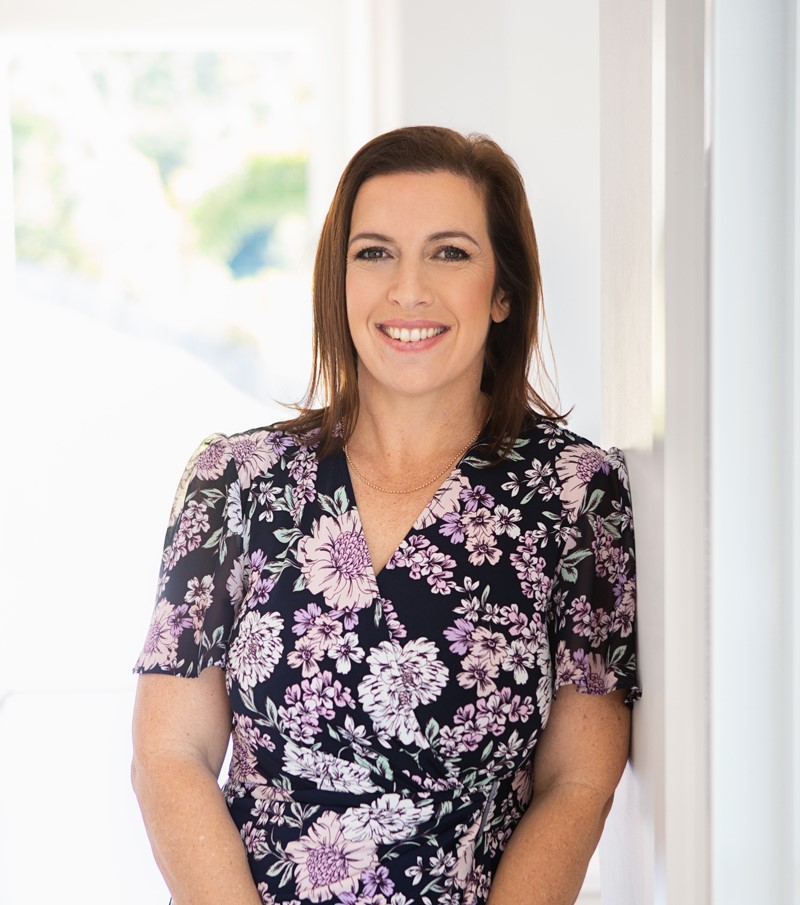
Concessional contributions cap
Concessional superannuation contributions are contributions for which a tax deduction has been claimed. Currently, the concessional contribution cap is $35,000 for people aged 49 and over and $30,000 for people aged 48 and under.
From 1 July 2017, the concessional contribution cap will reduce to $25,000 to all taxpayers.
Unused concessional contribution cap
As outlined above, from 1 July 2017, the concessional cap for all taxpayers is $25,000. From 1 July 2018, taxpayers with a superannuation balance of less than $500,000 can carry forward any unused concessional cap for up to 5 years.
10% test
Currently, in order to claim a tax deduction in their individual tax return for super contributions, an individual must be substantially self-employed (or substantially not employed). This is determined using the 10% income test.
To satisfy the 10% rule, an individual’s employment income must be less than 10% of their total income (defined as assessable income + salary sacrificed contributions + reportable fringe benefits).
Essentially, individual super contribution deductions are currently limited to taxpayers that are self-employed or have a majority of their income from investments.
From 1 July 2017, any individual taxpayer can claim a tax deduction for contributions to super regardless of their work circumstances (subject to the concessional contributions cap (above) and the work test (below)).
Work test
Currently, taxpayers aged 65 or over (but under 75) need to satisfy the work test before a contribution can be made into super on their behalf. The work test is satisfied where a taxpayer is gainfully employed for at least 40 hours in a 30 consecutive day period in the financial year in which the contribution is made.
While there was a proposal that the work test be repealed, this proposal was not passed. As such, the work test will remain in place.
Call us today on 56656469 if you would like to discuss how these changes may apply to you.
DISCLAIMER: The information in this article is general in nature and is not a substitute for professional advice. Accordingly, neither TJN Accountants nor any member or employee of TJN Accountants accepts any responsibility for any loss, however caused, as a result of reliance on this general information. We recommend that our formal advice be sought before acting in any of the areas. The article is issued as a helpful guide to clients and for their private information. Therefore it should be regarded as confidential and not be made available to any person without our consent,

Jeanette has over 20 years experience as an accountant in public practice. She is a Chartered Accountant, registered tax agent and accredited SMSF Association advisor. When she is not helping business owners grow their empires, you will likely find her out running on the trails or at the gym. Book in to see Jeanette today.



